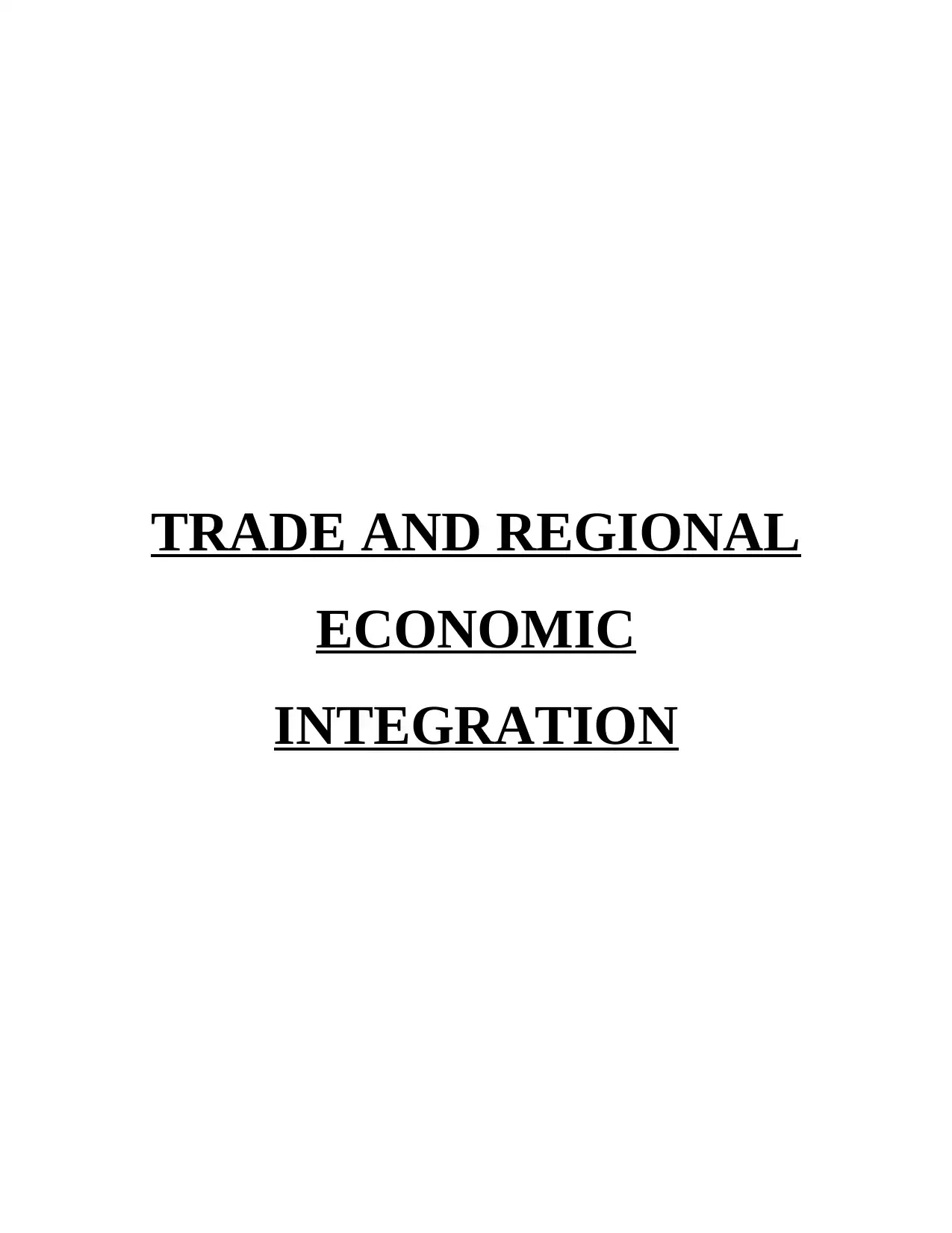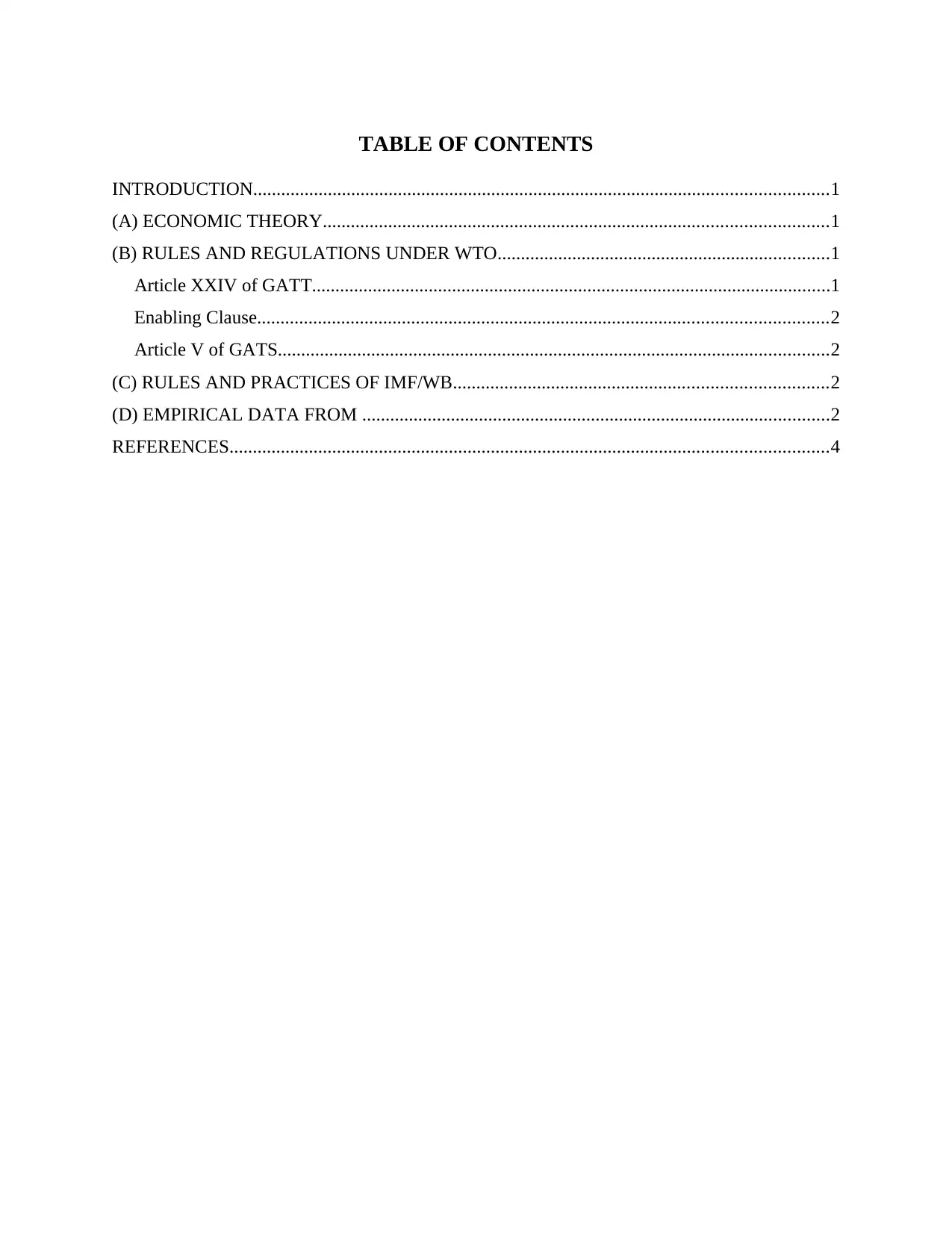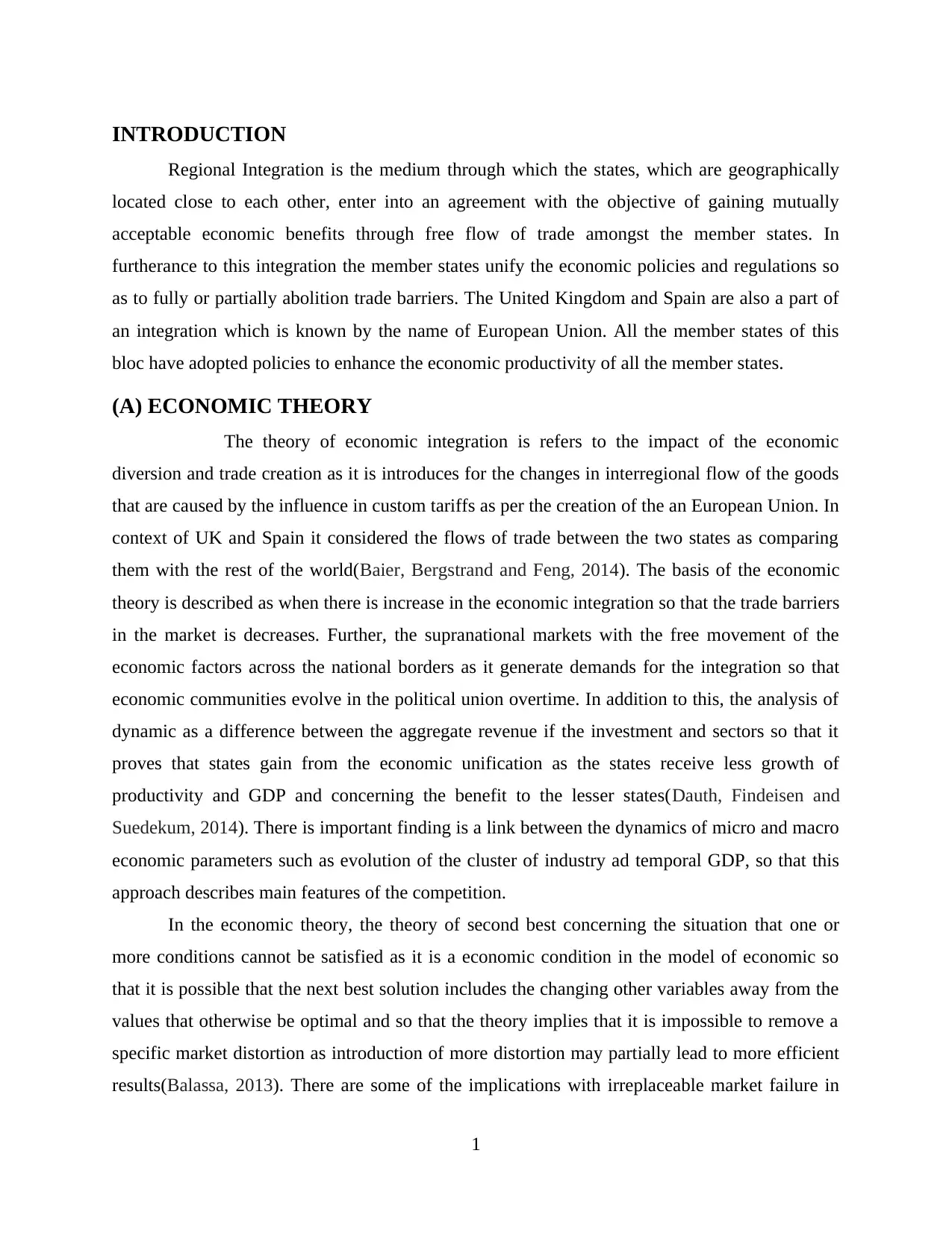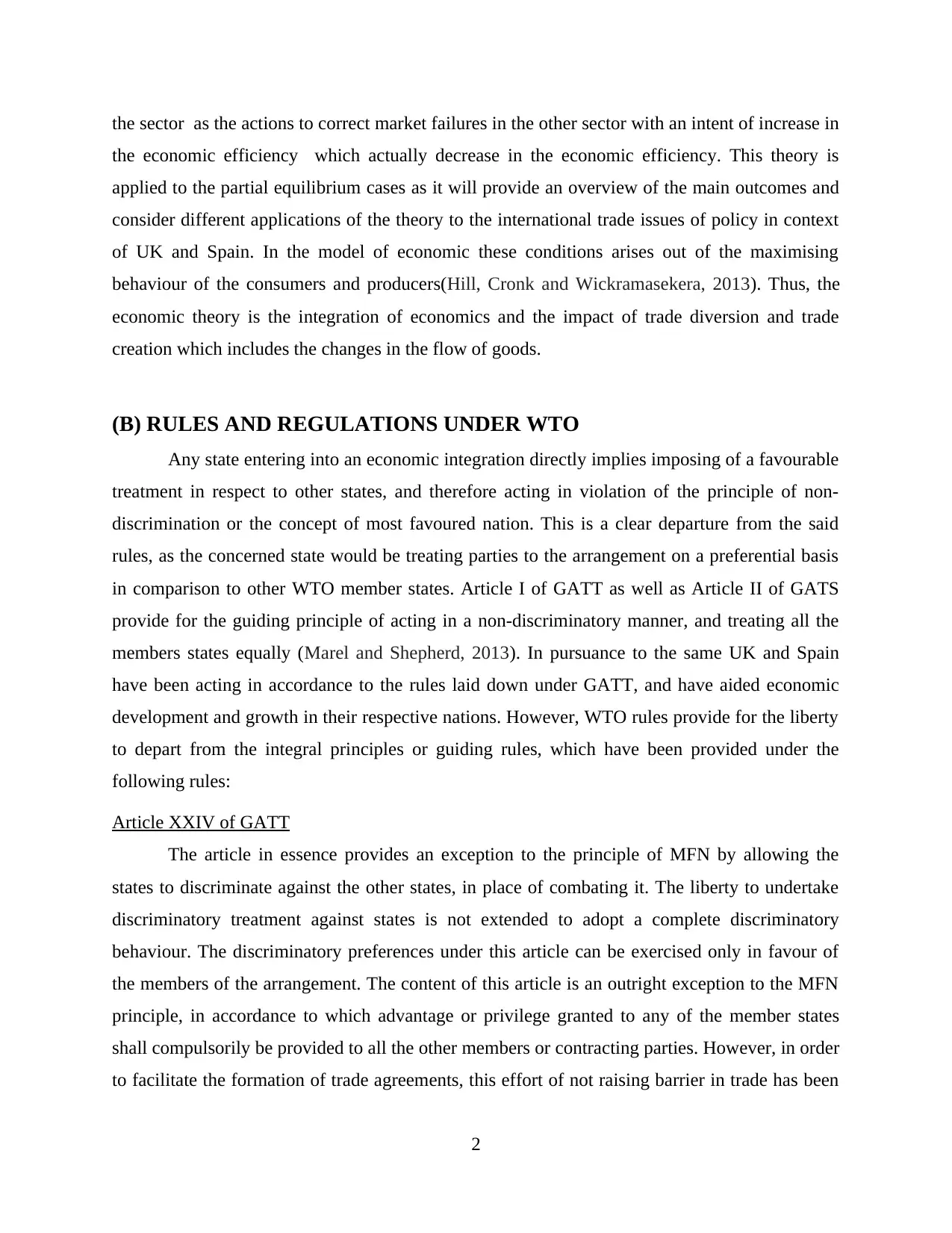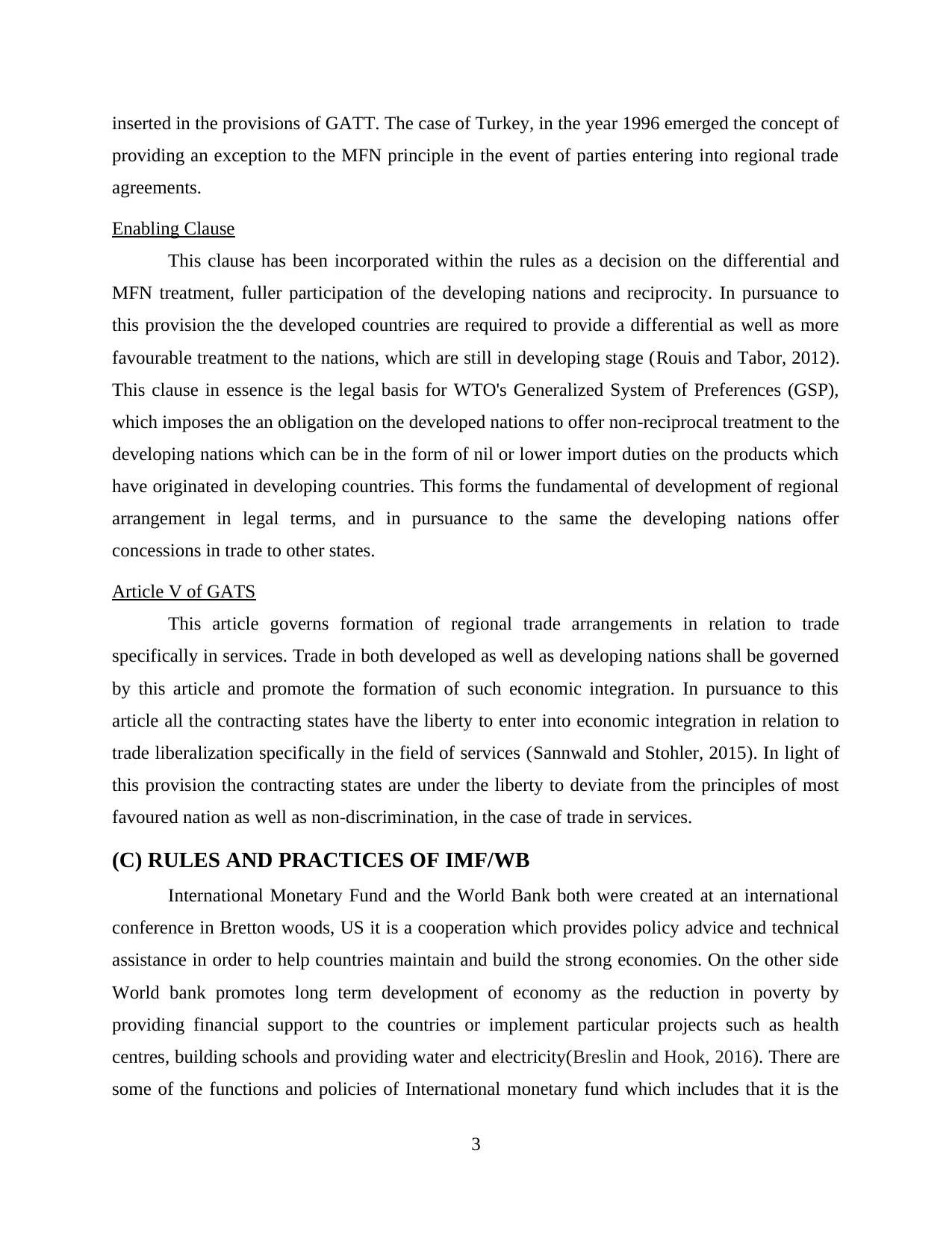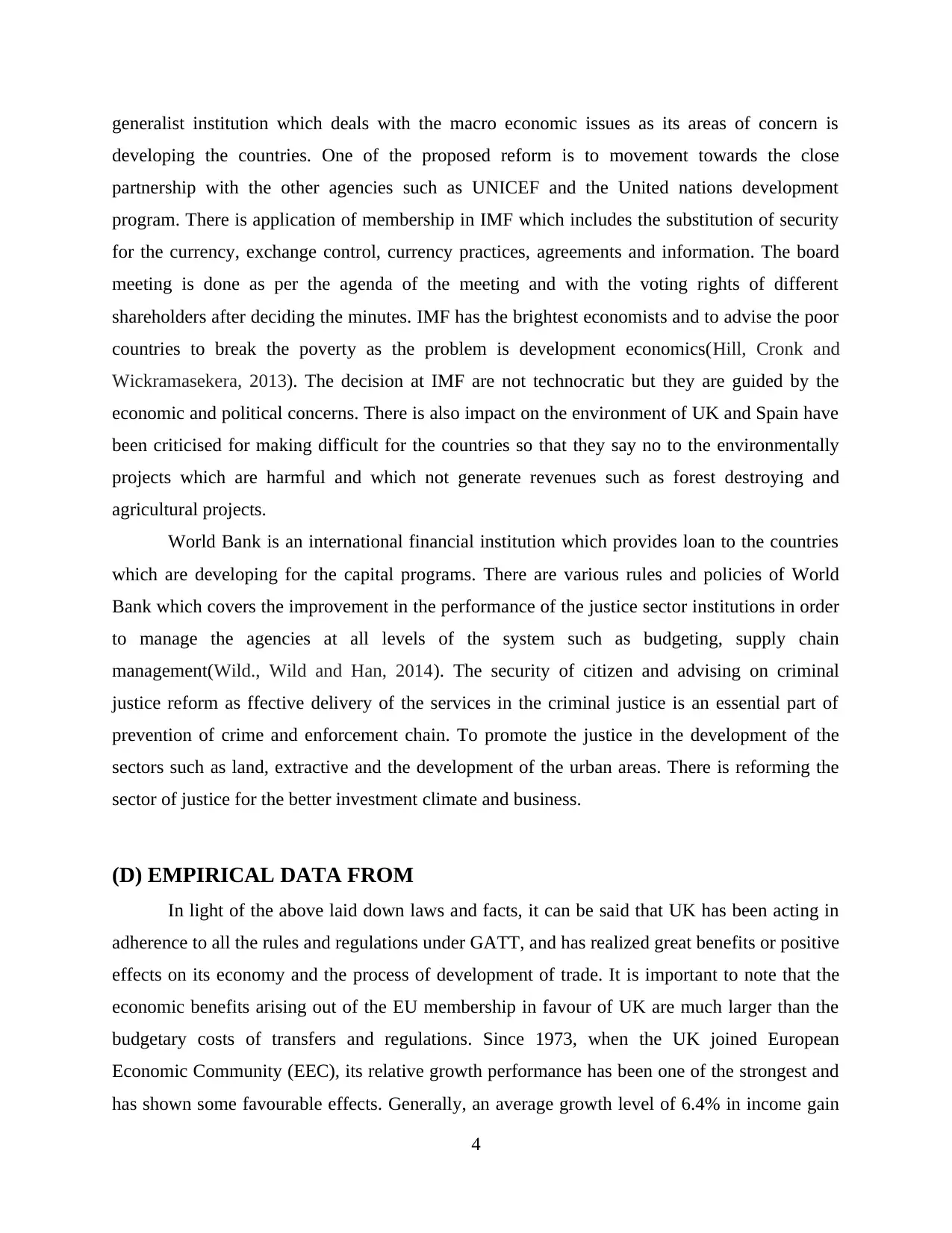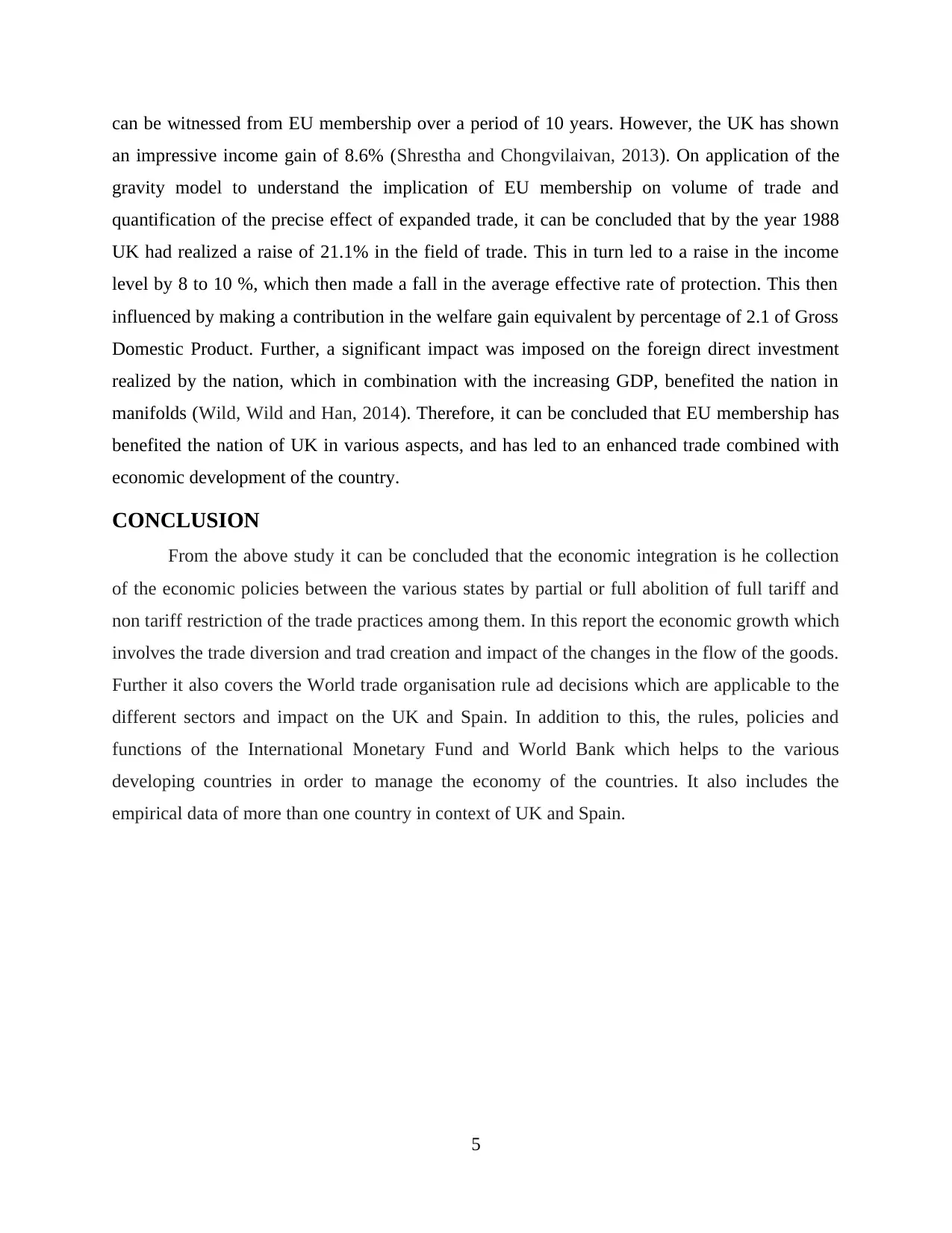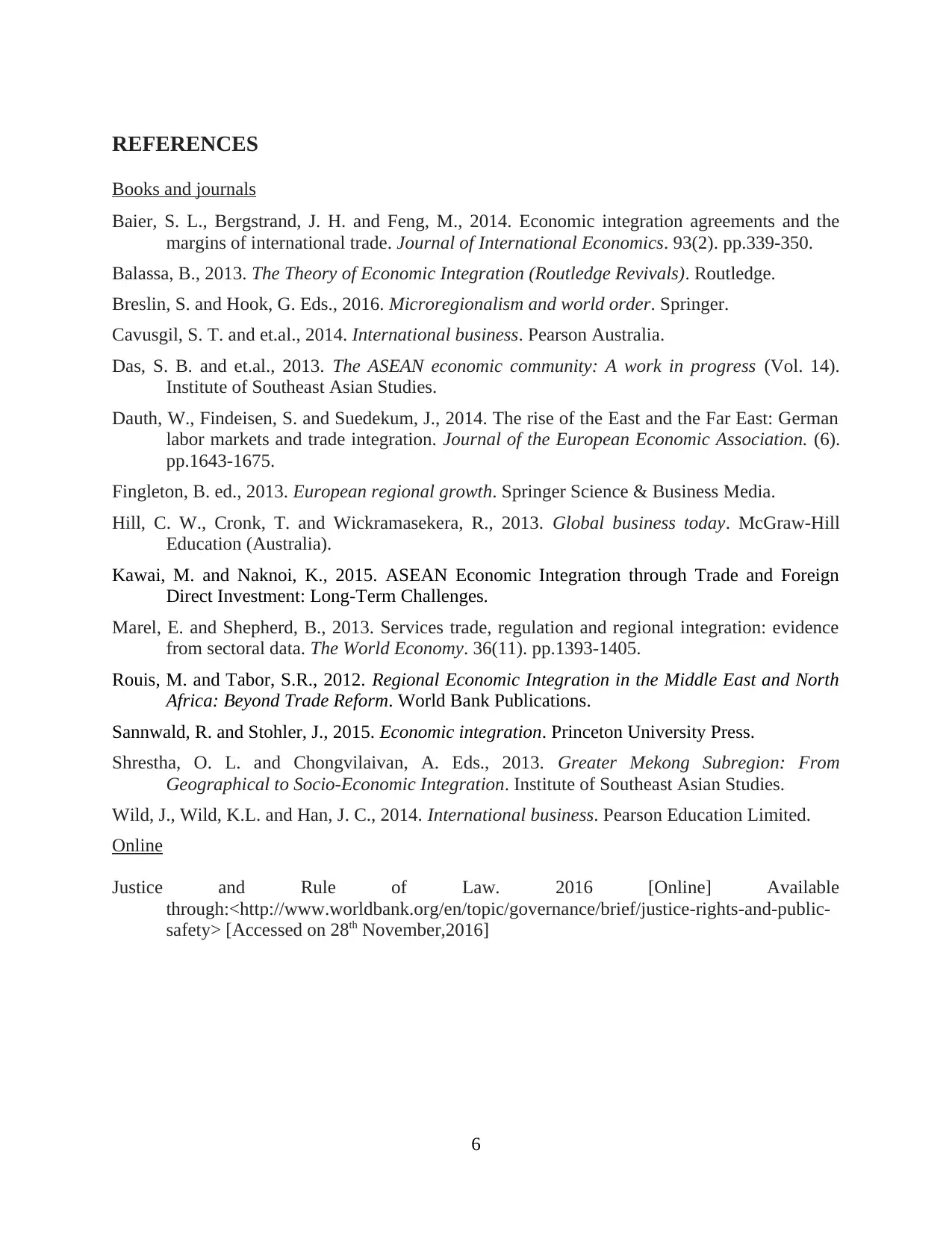The economic integration of countries through trade agreements and policies has led to enhanced trade combined with economic development. The study highlights the importance of partial or full abolition of tariffs and non-tariff restrictions on trade practices among states, which can lead to both trade diversion and creation. The report also covers World Trade Organization rules and decisions applicable to different sectors, as well as the impact on countries like UK and Spain. Furthermore, it includes the rules, policies, and functions of international organizations such as the International Monetary Fund and World Bank that help developing countries manage their economies. Additionally, empirical data from more than one country is included in the context of UK and Spain.
![[object Object]](/_next/static/media/star-bottom.7253800d.svg)
![[object Object]](/_next/static/media/star-bottom.7253800d.svg)
